Sake Dean Mahomed Plaque
The "shampooer of kings" who opened London's first curry cafe was a celebrity in the 19th century, but is all but forgotten now.
In 1810, Sake Dean Mahomed opened the first curry restaurant in London, the Hindoostane Coffee House. But he did much more than that. An author, soldier, immigrant, and entrepreneur, his life was a wild ride of travel, financial ups and downs, and celebrity. These days, he’s much less known, remembered only by a small London plaque that honors his culinary first.
The Indian restaurant wasn’t the only “first” that Mahomed would claim. In 1794, Mahomed published a book, The Travels of Dean Mahomet [sic], an autobiographical account of his life adventures, recounting his time in the Indian military, his travels to Ireland to study English, and his controversial interracial, mixed-faith marriage to his wife, Jane Daly. It became the first book written and published in English by an Indian writer. It also represented the first time that accounts in English of Indian colonization by the British were written from the point of view of an Indian person.
Mahomed and his family later left Ireland for England, where the entrepreneur’s second act began. In London, he started working as a medical practitioner, though the job was closer to spa worker than doctor. Mahomed worked in a steam bath and added the practice of chāmpo, a Hindi word referring to a head massage with oils, the origin of the English word “shampoo.”
Later, he opened up Hindoostane Coffee House, describing the restaurant in an advertisement as “for the entertainment of Indian gentlemen, where they may enjoy the Hoakha, with real Chilm tobacco, and Indian dishes, in the highest perfection… to be unequalled to any curries ever made in England.” Although the restaurant had good reviews, that didn’t translate to revenue. Mahomed filed for bankruptcy in 1812.
With the goal of reinventing himself for his third act, Mohamed and his family moved to Brighton two years later, where he turned his earlier bathhouse experience into something much bigger. Dubbing himself the “Shampooing Surgeon,” he opened his own bathhouse in 1821 featuring oils he marketed as authentically Indian, herbal treatments, therapeutic steam baths, reading rooms, and of course, his signature shampooing. Both King George IV and King William IV of England were patrons of his spa, earning him another nickname, “shampooer of kings.”
Mohamed published two more books, including Shampooing, an analysis of all the aches, pains, and maladies that shampooing and steam baths could cure or alleviate (reportedly including paralysis, sore throat, and indigestion). Gradually, however, his methods fell out of favor completely, and the Shampooing Surgeon was all but forgotten when he died penniless in 1851.
It wasn’t until 2005 that Mohamed’s achievements as a writer, veteran, entrepreneur, and notable immigrant to the U.K. were honored with a plaque. It hangs near the former location of the Hindoostane Coffee House.
Know Before You Go
The green plaque is inside the small entrance to an office building that’s not open to the public; you can only see it through the glass.
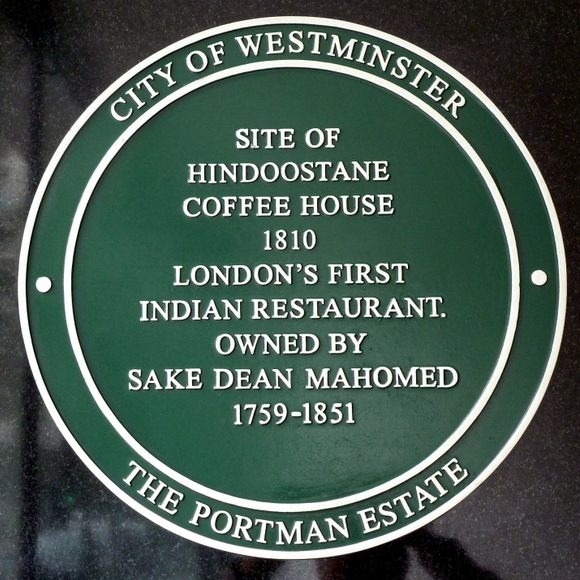

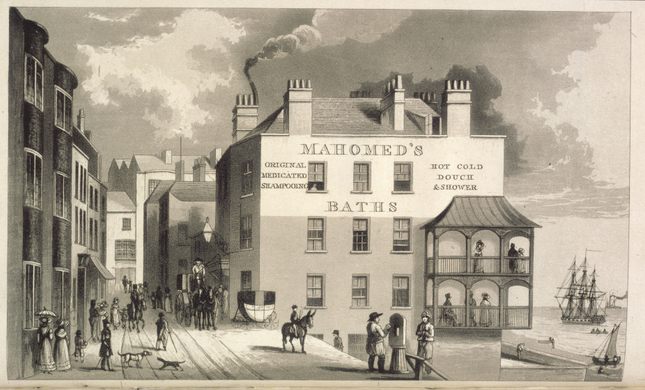
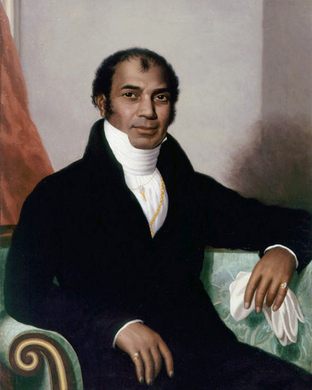
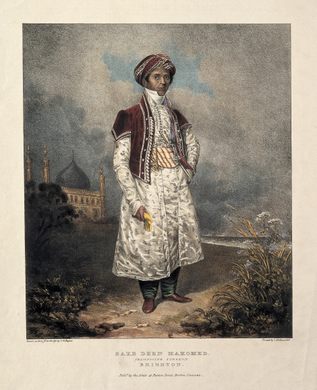

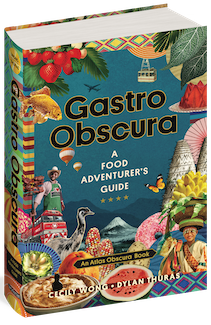


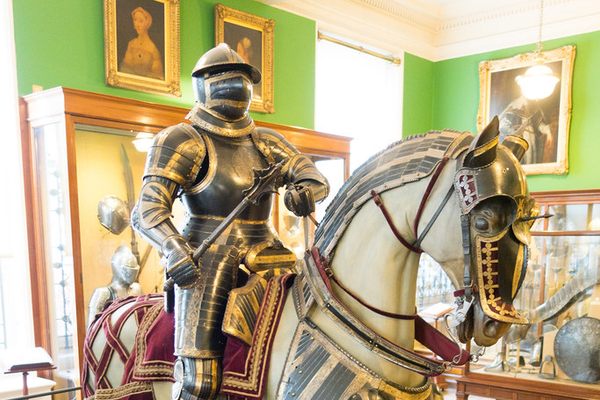


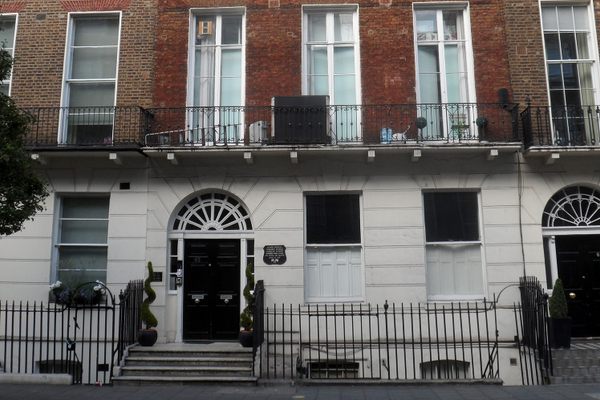


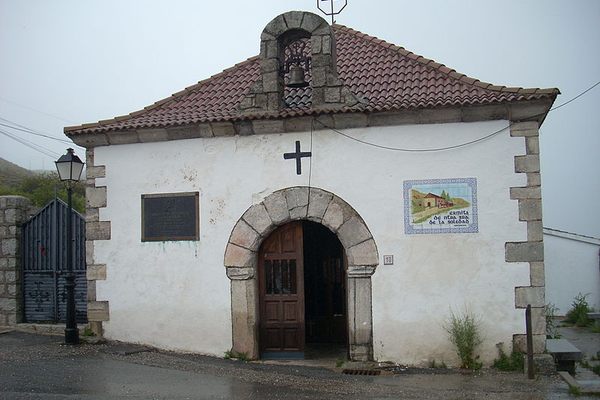
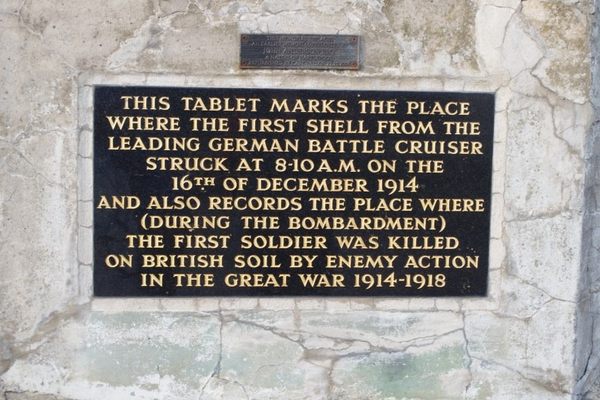

Follow us on Twitter to get the latest on the world's hidden wonders.
Like us on Facebook to get the latest on the world's hidden wonders.
Follow us on Twitter Like us on Facebook